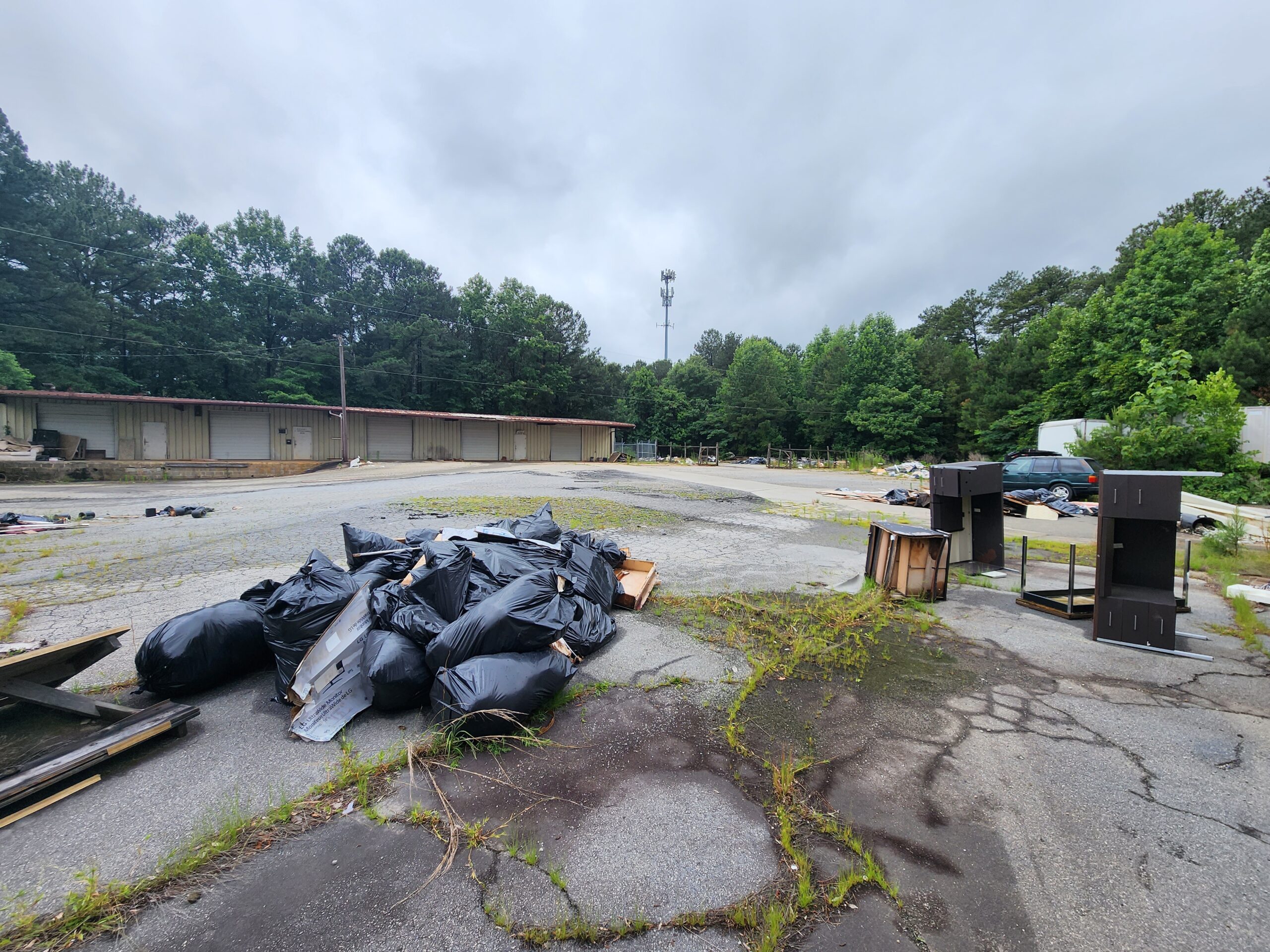
Brownfields and Site Redevelopment
What is a Brownfield? In Georgia, a brownfield is defined as a property where expansion, redevelopment, or reuse may be complicated by the presence or potential presence of hazardous substances, pollutants, or contaminants. These sites often include former industrial areas and can present unique challenges and opportunities for prospective purchasers.
Considering Purchasing a Former Industrial Site? Riverbend Environmental is your go-to resource in Georgia for assessing and managing the liabilities associated with brownfield properties. Redeveloping these sites can be both financially rewarding and beneficial for the community. Many brownfields are located in prime areas, offering significant investment returns once cleaned and repurposed.
Did You Know About Funding and Incentives for Brownfield Cleanup? Before purchasing a brownfield site, you can access various supports:
- Search and identify eligible contaminated properties.
- Apply for state and federal grants for cleanup.
- Develop a Prospective Purchaser Corrective Action Plan (PPCAP) or Compliance Status Report (PPCSR).
- Oversee the cleanup process, ensuring environmental standards are met.
- Secure Georgia EPD approval for your project.
Our team is dedicated to guiding clients through these processes, maximizing the benefits of redeveloping a brownfield site.
Join the Georgia Brownfield Program The Georgia EPD encourages the redevelopment of brownfield properties. Supported by federal grants from the US EPA, the Georgia Brownfield Program, along with the Georgia Hazardous Site Reuse and Redevelopment Act and Brownfields Tax Incentive Law, offers significant incentives for voluntary cleanup. This program also provides liability protection for prospective purchasers against previous contamination.
Benefits of the Georgia Brownfield Program:
- Properties in the program are assessed at 40% of fair market value for 10 years, yielding substantial tax savings.
- Approved properties offer the purchaser protection from: a) Groundwater contamination remediation. b) Third-party liability claims. c) Future regulatory changes.
- While groundwater remediation liability is waived, purchasers must still address soil contamination to meet cleanup standards.
- The program requires a non-refundable application fee, submission of a Compliance Status Report (CSR), and a Corrective Action Plan if necessary.
Why Choose Riverbend Environmental? At Riverbend Environmental, we specialize in transforming brownfield sites into valuable, usable properties. Our expertise not only lies in environmental assessment and cleanup but also in navigating the complexities of regulatory frameworks and maximizing financial incentives. Partnering with us means taking a step towards sustainable development and community revitalization, turning once-contaminated sites into thriving hubs of activity.
Your Partner in Brownfield Redevelopment Join us in our mission to rejuvenate Georgia’s landscapes. With Riverbend Environmental, you gain a partner committed to environmental stewardship, economic development, and community enhancement. Let’s turn brownfield challenges into opportunities for growth and renewal.
Frequently Asked Questions
If you have additional questions reach out and a team member will get in touch with you.
A brownfield is a property where the presence or potential presence of hazardous substances, pollutants, or contaminants may complicate its expansion, redevelopment, or reuse. These sites often include former industrial or commercial areas.
Investing in brownfields can be financially advantageous, as these sites are often in prime locations with significant redevelopment potential. Additionally, revitalizing these sites can have a positive environmental and social impact on the surrounding community.
Riverbend Environmental specializes in assessing brownfield sites, managing cleanup processes, assisting with grant applications, developing corrective action plans, and navigating regulatory approvals to ensure successful site redevelopment.
Yes, there are various state and federal grants, tax incentives, and other financial benefits available for brownfield redevelopment. These incentives are designed to offset the costs of environmental cleanup and make redevelopment projects more viable.
Absolutely. We assist clients in identifying eligible properties, applying for relevant grants, and maximizing the financial incentives available for brownfield redevelopment.
The Georgia Brownfield Program, supported by federal and state initiatives, encourages the voluntary cleanup of contaminated sites. It offers benefits like tax incentives, liability protection from previous contamination, and relief from certain environmental remediation responsibilities.
The primary risks include potential environmental contamination and the associated cleanup costs. However, with proper assessment and planning, these risks can be managed effectively. Riverbend Environmental’s expertise in environmental assessment and remediation can help mitigate these risks.
The cleanup process typically involves assessing the extent of contamination, developing a remediation plan, executing the cleanup activities, and monitoring the site to ensure that it meets environmental standards.
The timeline for brownfield redevelopment varies depending on the size and complexity of the site, the extent of contamination, and the specific redevelopment plans. Riverbend Environmental works efficiently to streamline this process while ensuring thoroughness and compliance.

